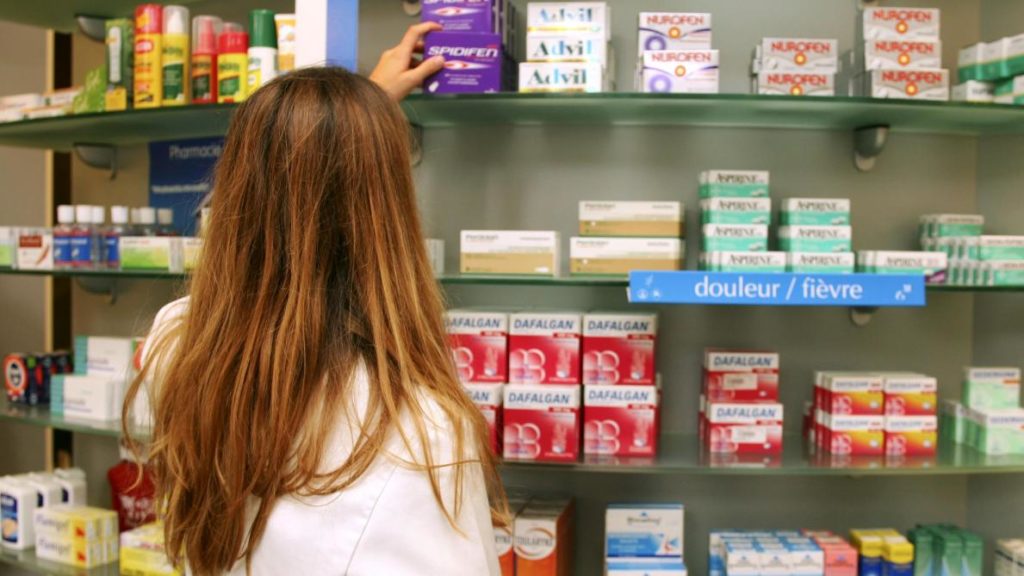Since the announcement on Friday of new measures intended to stop the spread of the coronavirus, there has been some confusion about what businesses have to close down and who can remain open.
Yesterday Belgium's minister for small businesses and the self-employed, David Clarinval, posted a definitive list on his Twitter account.
“I am aware of the hardships experienced by the self-employed who have to cease their activities,” he wrote.
“I pledge to support them. I will not let any sector fall.”
In the first lockdown in March, all non-essential retail businesses had to close, the only exceptions being food shops, paper shops, pharmacies and shops selling pet foods. Later garden centres and DIY stores were allowed to re-open before other retailers, to some criticism.
The new measures which come into force tomorrow are slightly more relaxed. More businesses are allowed to stay open, and others may operate a delivery service or click and collect, where customers can order goods by phone or online, pay online and pick up their purchases at the shop’s entrance.
The list posted by Clarinval of businesses that may remain open is as follows:
• Food stores, including night-shops
• Shops selling food for animals
• Pharmacies
• Newspaper shops and book stores
• Service stations and fuel suppliers
• Telecommunications stores (except stores that only sell accessories) and only by appointment
• Medical device stores for emergencies
• General DIY supply stores that primarily sell tools and building materials
• Garden centres, nurseries, florists and plant stores
• Speciality retail stores that sell clothing fabrics, knitting yarns and haberdashery items ️
• Wholesale stores intended for professionals only
• Laundries and launderettes
• Garages, limited to breakdown and repair services, and bicycle shops, limited to maintenance and repairs
• Independent service providers
Major supermarkets can open, but they may not sell goods other than food and essential items. Shelves devoted to goods also sold by smaller stores that were forced to close – things like electrical equipment, phones, DVDs etc, have to be cleared or access closed off.
Alan Hope
The Brussels Times

